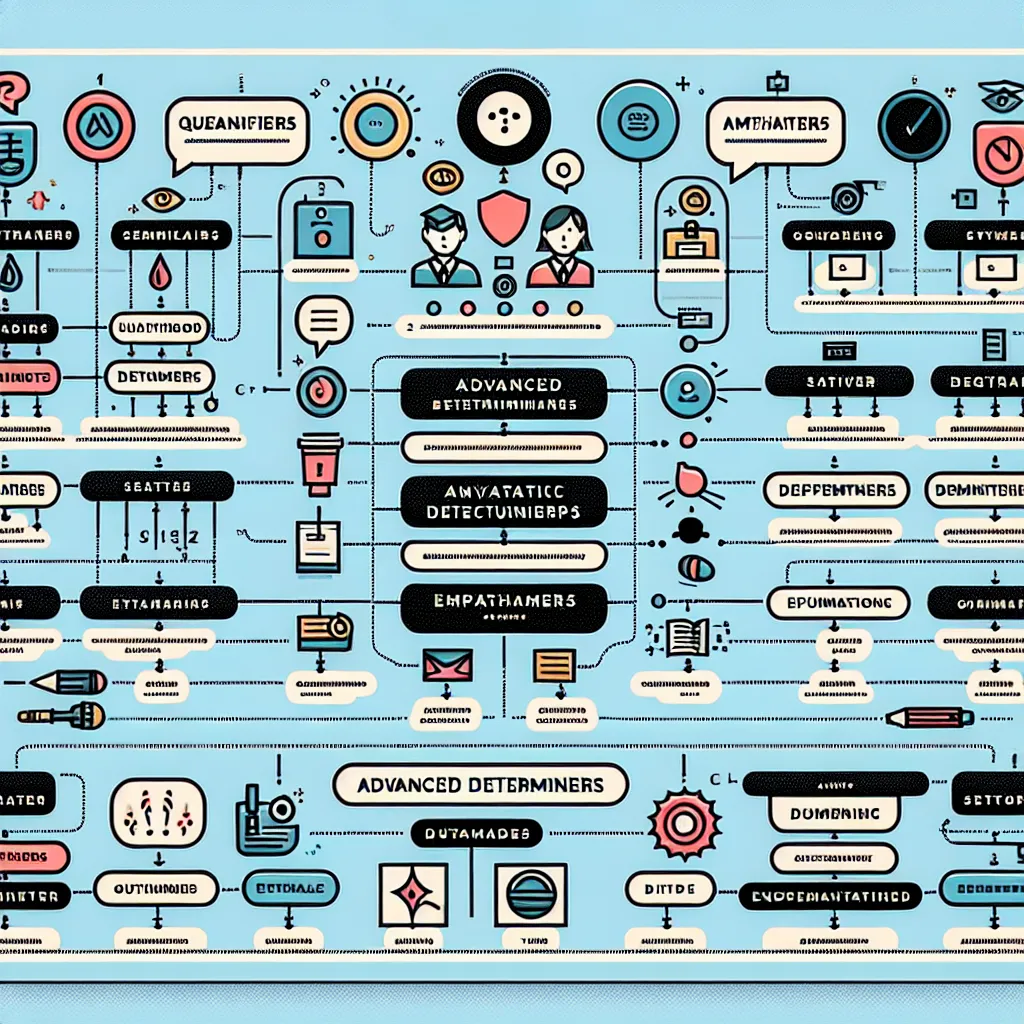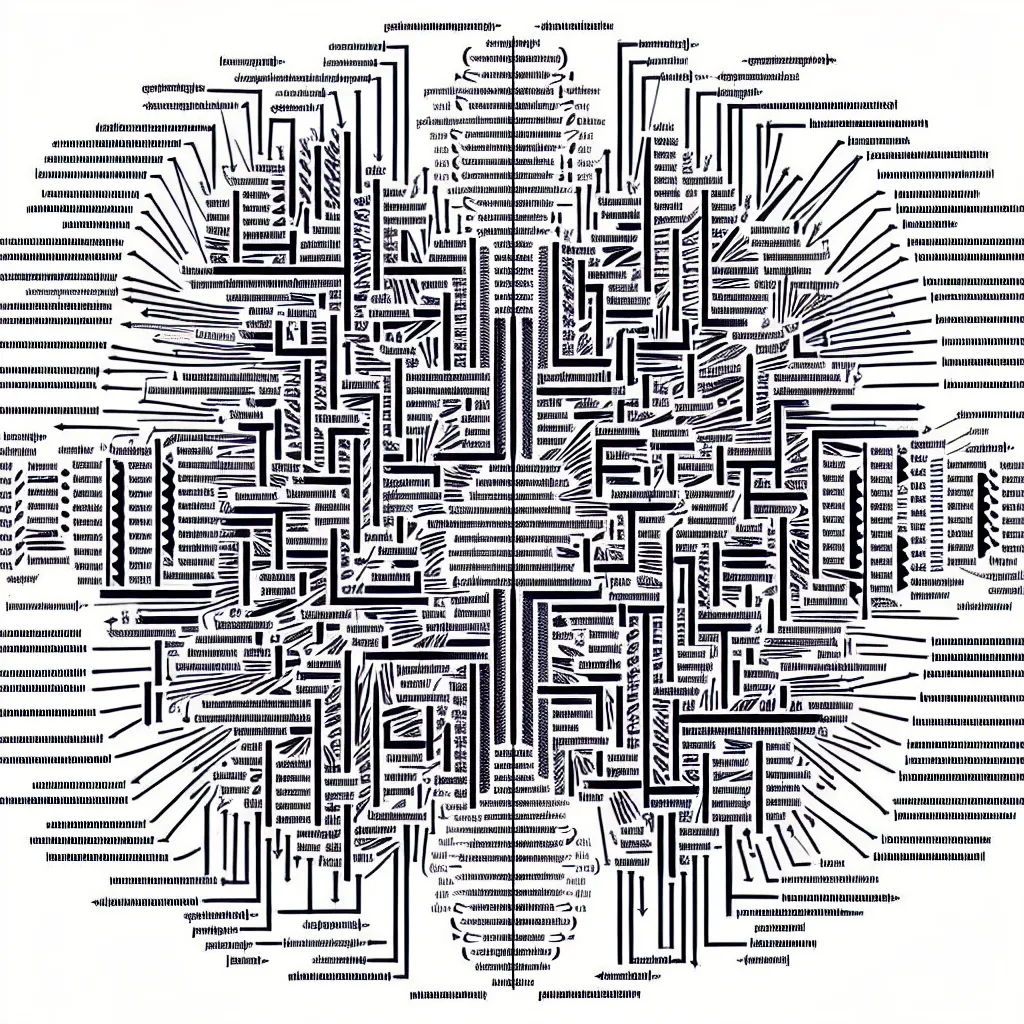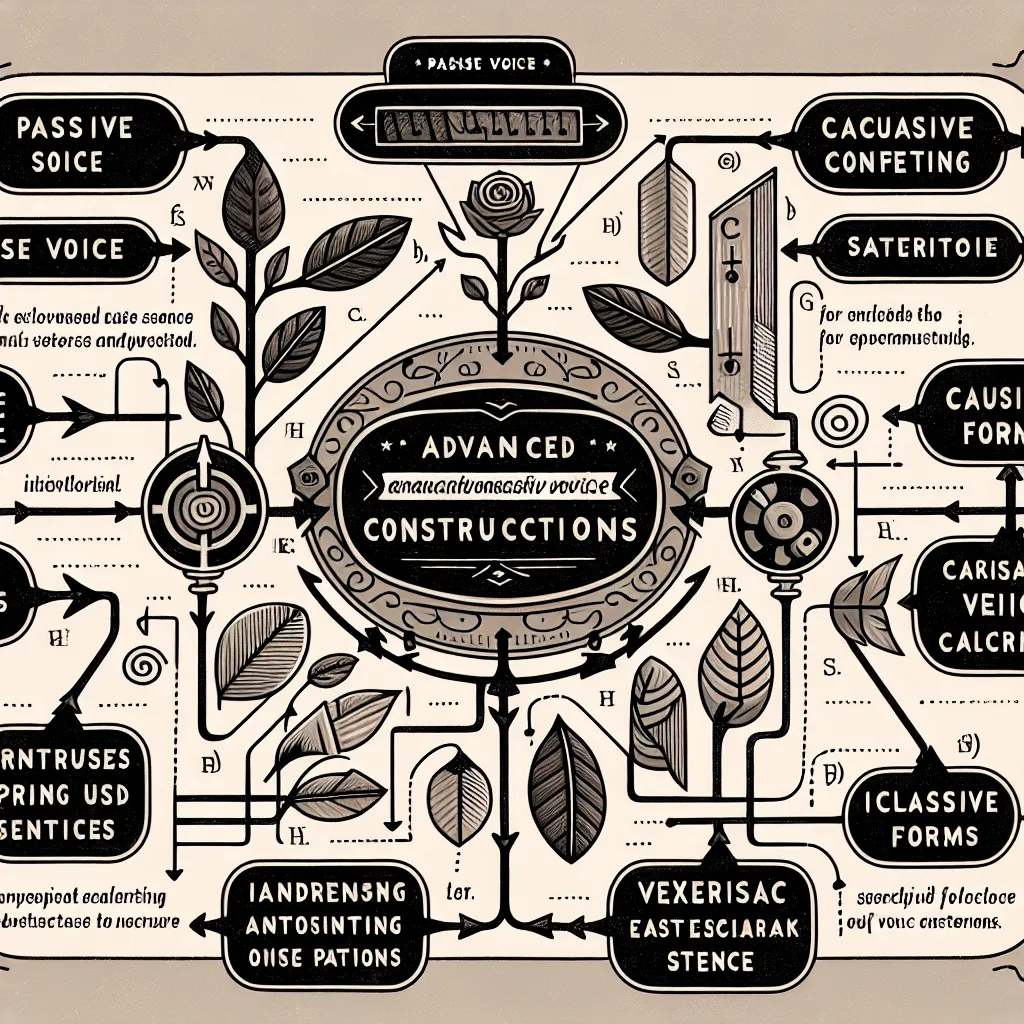Advanced determiners play a crucial role in formal writing, helping to convey precise meaning and add sophistication to your language. Whether you’re preparing for the IELTS exam or aiming to improve your academic writing skills, mastering the use of advanced determiners is essential. This guide will provide you with valuable insights and practical tips on how to effectively incorporate these important elements into your formal writing.
Understanding Advanced Determiners
Advanced determiners are words that modify nouns, providing specific information about quantity, possession, or emphasis. They go beyond basic determiners like “a,” “an,” and “the,” and include words such as “various,” “several,” “numerous,” “few,” “both,” and “each.” Using these determiners correctly can significantly enhance the clarity and precision of your writing.
Why Advanced Determiners Matter in Formal Writing
Incorporating advanced determiners into your formal writing serves several purposes:
- Precision: They allow you to express exact quantities or relationships between ideas.
- Sophistication: Advanced determiners demonstrate a higher level of language proficiency.
- Clarity: They help avoid ambiguity and convey your message more effectively.
- Variety: Using a range of determiners adds diversity to your writing style.
 Advanced determiners in formal writing
Advanced determiners in formal writing
Types of Advanced Determiners and Their Usage
Let’s explore different categories of advanced determiners and how to use them effectively in formal writing.
Quantifiers
Quantifiers express amounts or quantities. Some common advanced quantifiers include:
- Several
- Numerous
- Various
- Few
- Many
Example: “The research paper cites numerous studies supporting the hypothesis.”
Emphatic Determiners
These determiners add emphasis or focus to the noun they modify:
- Very
- Own
- Such
Example: “The very essence of the argument lies in its logical structure.”
Distributive Determiners
Distributive determiners refer to members of a group individually:
- Each
- Every
- Either
- Neither
Example: “Each participant in the study was given a unique identifier.”
Difference Determiners
These determiners highlight distinctions:
- Other
- Another
Example: “Another aspect to consider is the environmental impact of the proposed solution.”
Common Mistakes to Avoid
When using advanced determiners, be aware of these common pitfalls:
-
Overuse: Don’t pepper your writing with advanced determiners unnecessarily. Use them judiciously for maximum impact.
-
Incorrect pairing: Ensure that the determiner agrees with the noun in number. For example, “few” is used with plural countable nouns, while “little” is used with uncountable nouns.
-
Misunderstanding meaning: Some determiners have subtle differences in meaning. For instance, “few” implies a small number in a negative sense, while “a few” is more positive.
-
Inconsistency: Maintain consistency in your use of determiners throughout your writing.
Practical Tips for Using Advanced Determiners
To effectively incorporate advanced determiners into your formal writing:
-
Read extensively: Exposure to academic texts will help you internalize the correct usage of advanced determiners.
-
Practice with context: Use grammar exercises focused on determiners to improve your understanding of their application in different contexts.
-
Revise and edit: After writing, review your work specifically for determiner usage. Look for opportunities to replace basic determiners with more advanced options where appropriate.
-
Seek feedback: Have a proficient English speaker or writing tutor review your work and provide feedback on your use of determiners.
-
Use a style guide: Consult academic style guides for specific recommendations on determiner usage in formal writing.
Enhancing Your Writing with Advanced Determiners
To illustrate how advanced determiners can elevate your writing, consider these examples:
Basic: “The study looked at students and their performance.”
Enhanced: “The comprehensive study examined various aspects of student performance across multiple academic disciplines.”
Basic: “Problems were found in the experiment.”
Enhanced: “Several significant issues were identified throughout the experimental process, each requiring careful analysis.”
By incorporating advanced determiners, your writing becomes more precise, sophisticated, and informative.
Conclusion
Mastering the use of advanced determiners is a valuable skill that can significantly improve your formal writing. By understanding their types, avoiding common mistakes, and practicing their usage, you can enhance the clarity, precision, and sophistication of your academic and professional communication. Remember to use these determiners judiciously and always consider the context of your writing. With consistent practice and attention to detail, you’ll soon find yourself using advanced determiners with confidence and ease in your formal writing endeavors.




